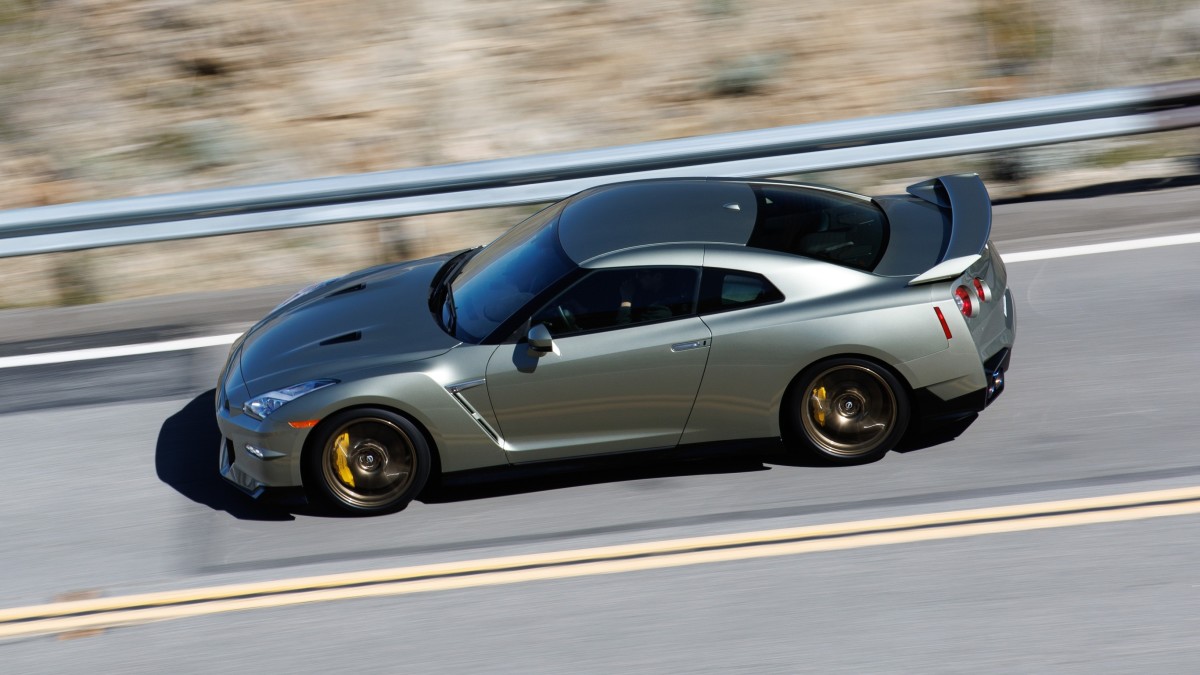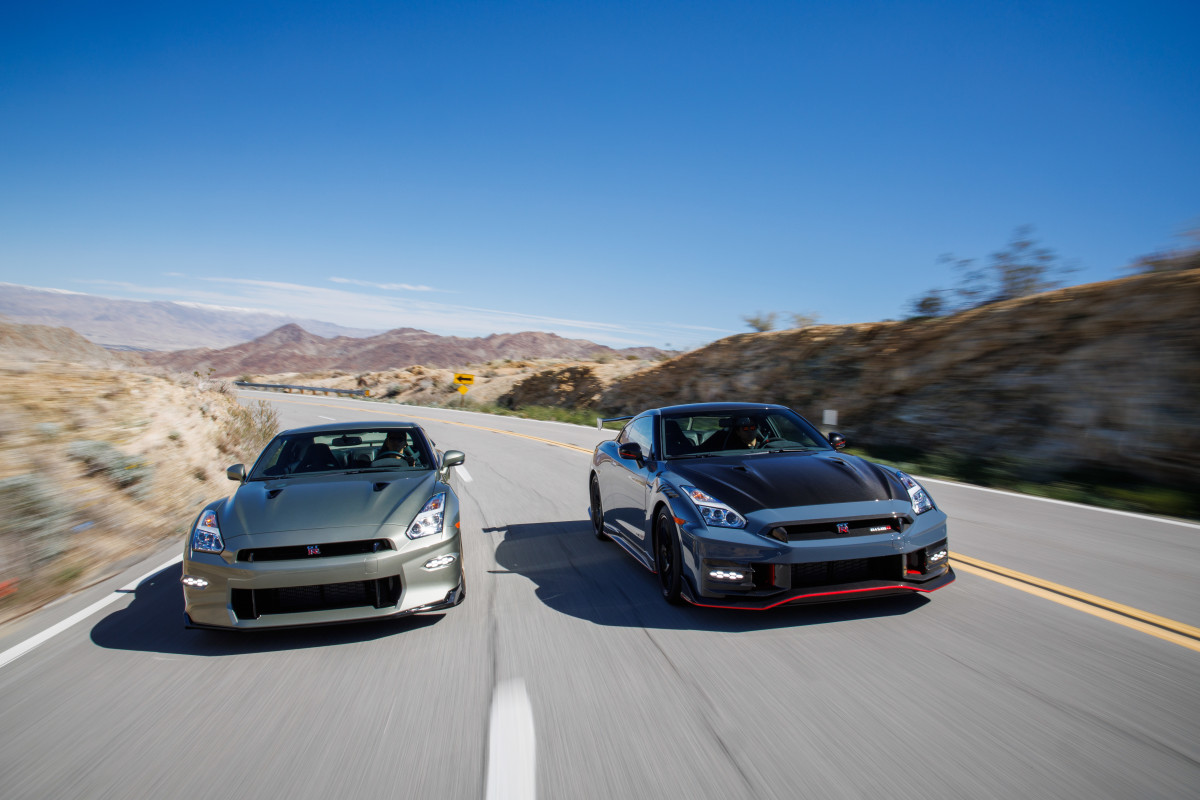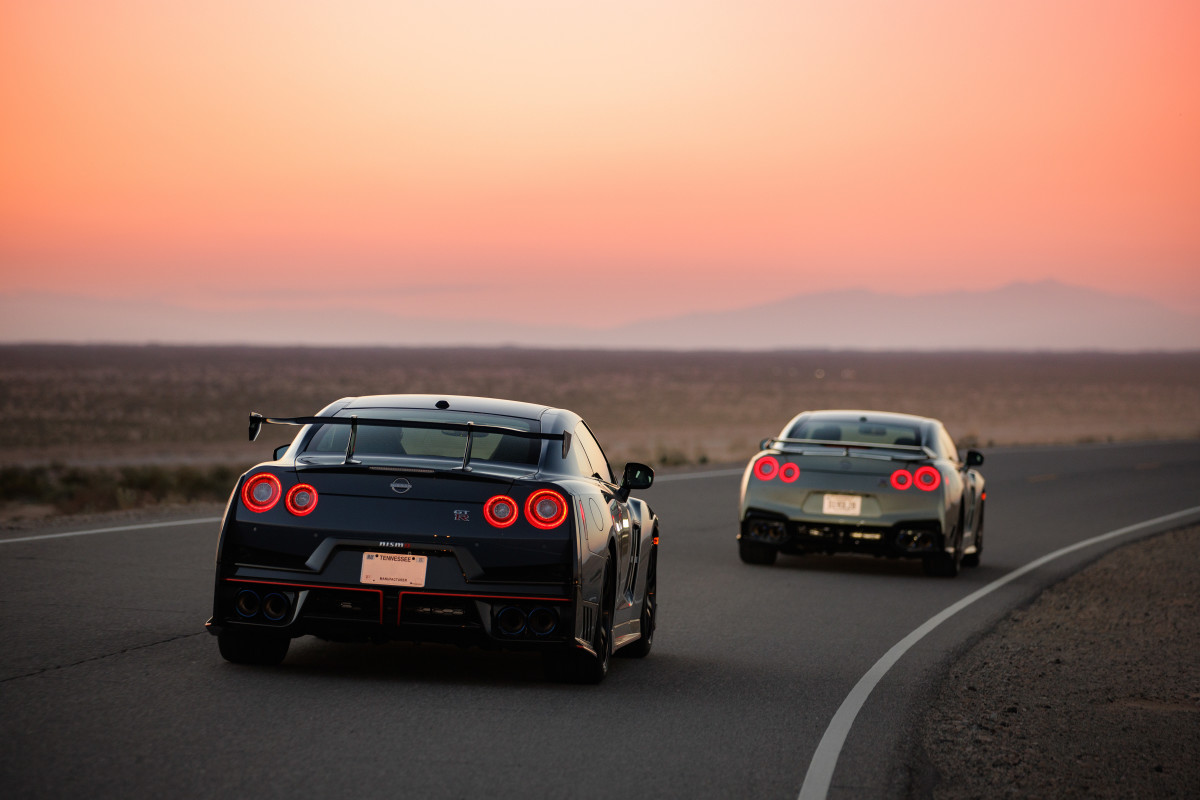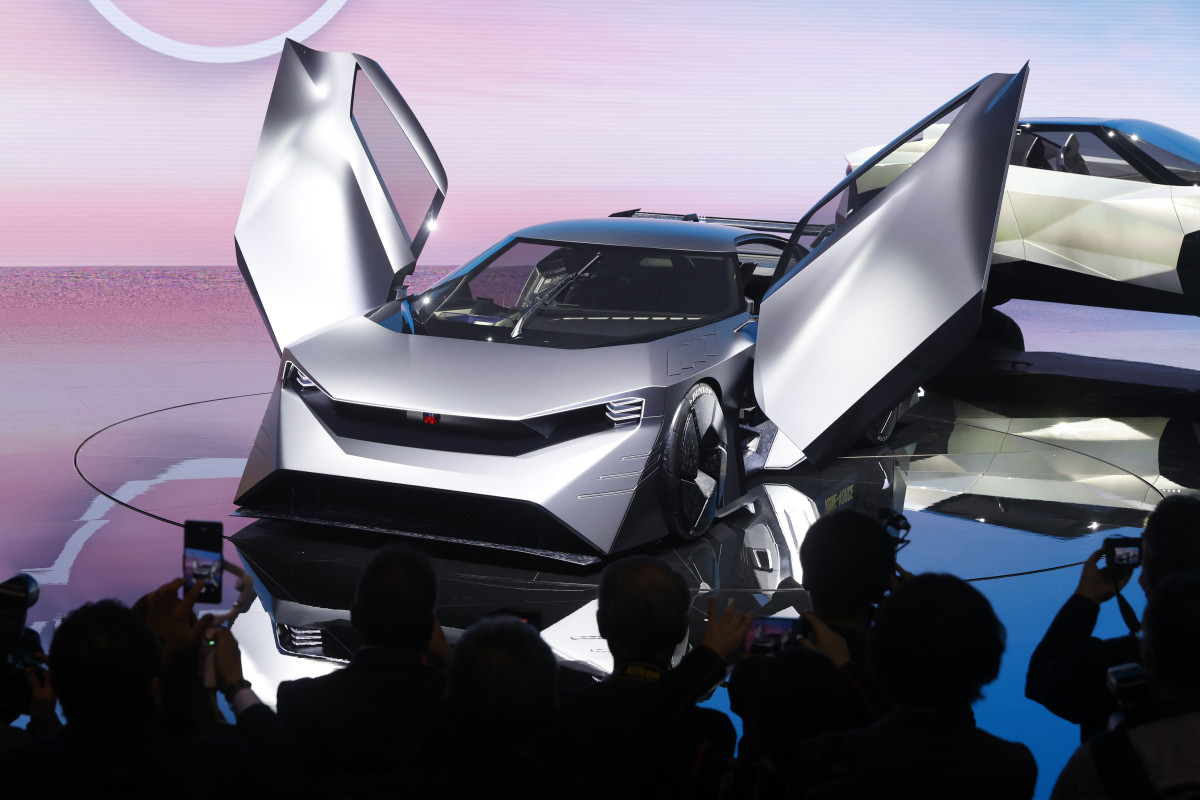
Typically, automakers let a 'generation' of a car go through a life cycle of around 5 model years before it is replaced with an entirely redesigned iteration. In this process, a specific car is given an entirely new look inside and out, as well as revisions and tweaks under the hood.
However, one car in particular has fallen outside the cycle, with the automaker selling the exact vehicle unchanged for nearly 15 years. Unfortunately, a new report shows that an update won't be coming any time soon.

Nissan
According to a new report by Australian auto publication Drive, Japanese automaker Nissan (NSANY) will take its time developing the long-awaited successor to the brand's GT-R supercar. The brand is preparing for a future without internal combustion engines.
This year, Nissan is set to begin pilot line operations for the development of its All-Solid-State Batteries (ASSB) technology. These new batteries aim to reduce the unit's size and weight compared to its current units, while also increasing its range and enabling faster charging speeds.
In April Nissan confirmed plans to launch EVs with this new battery technology by fiscal year 2028, but will begin making and testing solid-state batteries in March 2025.
With this timeline in mind, Nissan’s senior vice president and chief planning officer for the Africa, Middle East, India, Europe, and Oceania region, Francois Bailly noted that EVs fit right into the brand's motorsport-bred ambitions, and for a model like the GT-R, the automaker would prefer to take the time to make things right and perfect every detail.

Nissan
"I mean we’re doing Formula E, right? Track-to-road learning,” he said. “None of us – I didn’t join Nissan to do a minivan, my first car was a Nissan Z. So yes, the short answer is yes [we will continue to build sports cars]."
"The question is when can those cars move to EV? And that goes back to the technology. We need to develop the blocks so that the car makes sense. We will not do a half-baked GT-R, that’s not the intention. So, the when is the difficult question."

During the 2023 Japan Mobility Show, Nissan teased the Hyper Force, an all-electric concept car sporting a solid-state battery powering an electric powertrain spitting out 1,341 horsepower. Though Nissan has not confirmed whether the car is representative of a future production car, the car is inspired by the signature lines of the GT-R supercar.
More Business of EVs:
- New study suggests EVs are supercharging an impending environmental crisis
- GM President has bold plans for an iconic sports car's EV resurrection
- Ford CEO says this iconic model will "never" be an EV
Related: A YouTube tech authority enrages car enthusiasts with a simple statement
The news of the development comes after the same executive confirmed that the automaker has stopped developing new combustion engines.
"Our future is EV. We're not investing in new powertrain for ICE, that's for sure."
In the same interview, he noted that the brand's e-Power technology will help drive the transition from conventional gas-powered cars to full-on EVs. The brand's e-Power technology is an example of an extended-range electric vehicle system, a type of hybrid where the combustion engine is disconnected from the front wheels, acting as a generator to charge the battery whenever needed.
Nissan Motor Co., trading on OTC markets as (NSANY) , was down 1.06%, trading at $6.89 at the time of writing.
Related: Veteran fund manager picks favorite stocks for 2024







